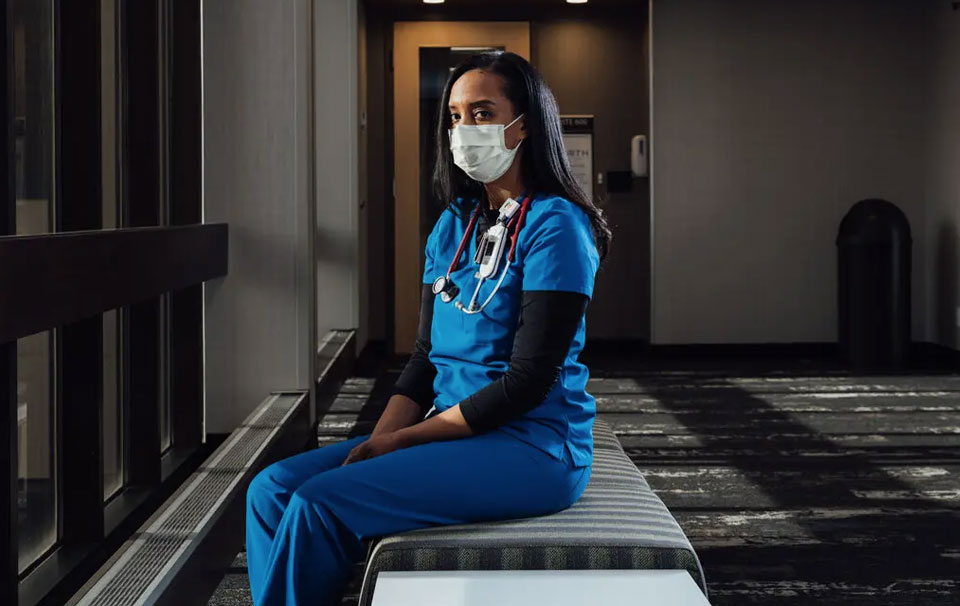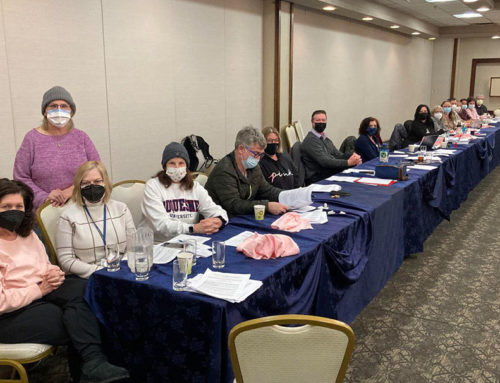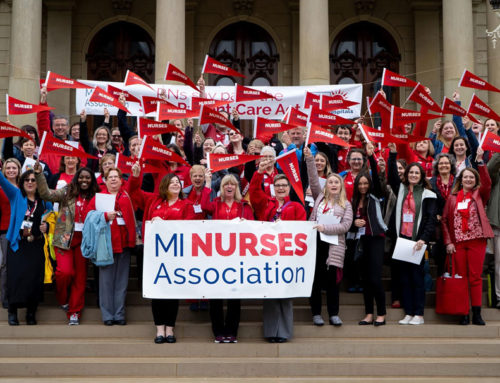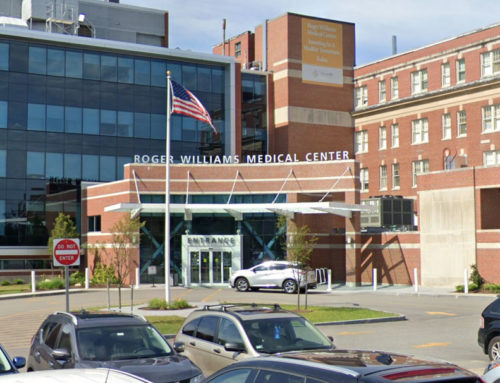In the early morning on Mother’s Day in 2020, Solomon Barraza walked into an intensive-care unit in Amarillo, Texas, and, with the fluorescent lights clicking on above him after the night shift, flipped through the stack of papers attached to a gray clipboard — his roster of patients and nurses for the day. Barraza, who was 30 at the time, had only recently become a charge nurse at Northwest Texas Healthcare System hospital. He was technically still a “baby nurse”: Just over a year earlier, he started working his first shifts in the I.C.U. Now he was responsible for overseeing the care of everyone there, making sure his nurses and patients had whatever they needed, answering questions and directing care in case of an emergency. As he looked through his roster, he saw that there were 11 patients on his floor; eight had Covid-19, and five of those were intubated. Then he looked at the other sheet of paper. There would be four nurses working for the next 12 hours. He needed at least six.
He could see the day play out: a cascade of emergencies, a cacophony of beeping alarms and running feet, disasters that ended with overwhelmed nurses and patients crashing alone. And so for the first time, Barraza made the decision to call for “safe harbor” under a Texas law that can be invoked to protect nurses’ licenses while working in conditions that are potentially unsafe for patients. Barraza grabbed a form from the nurses’ station, and one by one, they all signed it.






